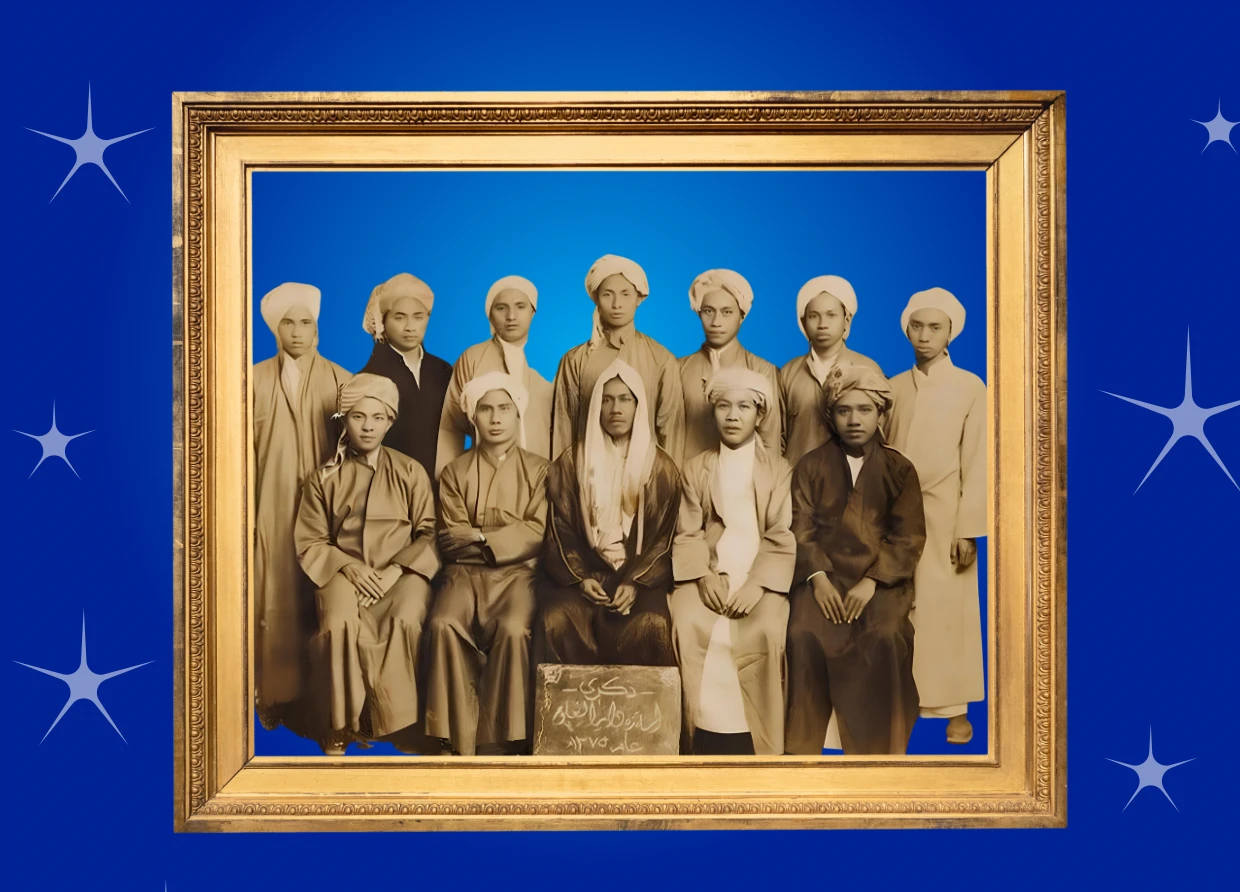THE ORIGINS AND SIGNIFICANCE OF THE "GUS" TITLE IN JAVANESE CULTURE
The Evolving Meaning of "Gus": From Javanese Royalty to Modern Misuse

The title "Gus" has long been a point of pride and respect in Javanese society, but its history and current usage are often misunderstood. Recently, Syamsul Bakri, a professor of Islamic Civilization at UIN Raden Mas Said Surakarta, delved into the fascinating origins of the term. According to Bakri, the title "Gus" originated in East Java as a form of address for the male children of Kyais, religious leaders in pesantren (Islamic boarding schools). "Gus" has evolved over time, spreading across Indonesia and neighboring Southeast Asian countries, with variations in its usage and meaning.
Initially, the term was used exclusively for the sons of Kyais, while daughters were called "Ning." Over time, however, the title expanded beyond religious families to include those in the broader community, especially in the context of religious scholars, or mubaligh, who spread Islamic teachings.
This widespread use, however, has led to some complications. Bakri pointed out that, in recent years, the term has been misused, with individuals who do not come from a religious family or have any scholarly background calling themselves "Gus." This trend is especially prevalent in Java, where "Gus" has become a term of admiration, even for those with no direct connection to religious scholarship or leadership.
The Royal Connection: "Gus" as a Title of Honor
The roots of "Gus" may also be tied to royal traditions in the Javanese kingdoms. Sociologist Drajat Tri Kartono from Universitas Sebelas Maret explained that in the Javanese royal courts, "Gus" was a form of respect, used for individuals who exhibited noble character and wisdom. This title was particularly used for figures such as Sri Susuhunan Pakubuwono IV and the renowned poet Ranggawarsita, both of whom were regarded as "Bagus," a term similar to "Gus," signifying individuals of high virtue and intellect.
Furthermore, in the days of the Mataram Kingdom, "Gus" was a title given to the children of Kyais who had close relationships with the royal family. These children were typically given special privileges and titles to distinguish them from the royal bloodline, who were referred to as "Raden Mas."
Who Truly Deserves the Title "Gus"?
As the title "Gus" has become more widespread, questions have arisen about who truly deserves it. Drajat emphasized that the title should be reserved for individuals who not only possess religious knowledge but also demonstrate good character, proper etiquette, and a deep understanding of Islamic teachings. "Gus" should be a title for those with the capacity and validity to act as leaders and teachers in society, rather than simply those with academic titles.
While the term "Gus" has expanded beyond its original context, it remains a symbol of respect in Javanese society. However, as it becomes increasingly common, the true meaning and importance of the title may risk being diluted. It's crucial for society to remember the traditional values tied to this title—values that emphasize knowledge, character, and a commitment to serving the community.
#THE S MEDIA #Media Milenial #Gus title #Javanese culture #historical titles #Kyai #Indonesian traditions #religious leaders #cultural heritage #sociological perspectives #Islam in Indonesia #cultural misappropriation #NU #community respect #historical significance #education in religion #traditional honorifics #Javanese royalty #modern misuse of traditions


























